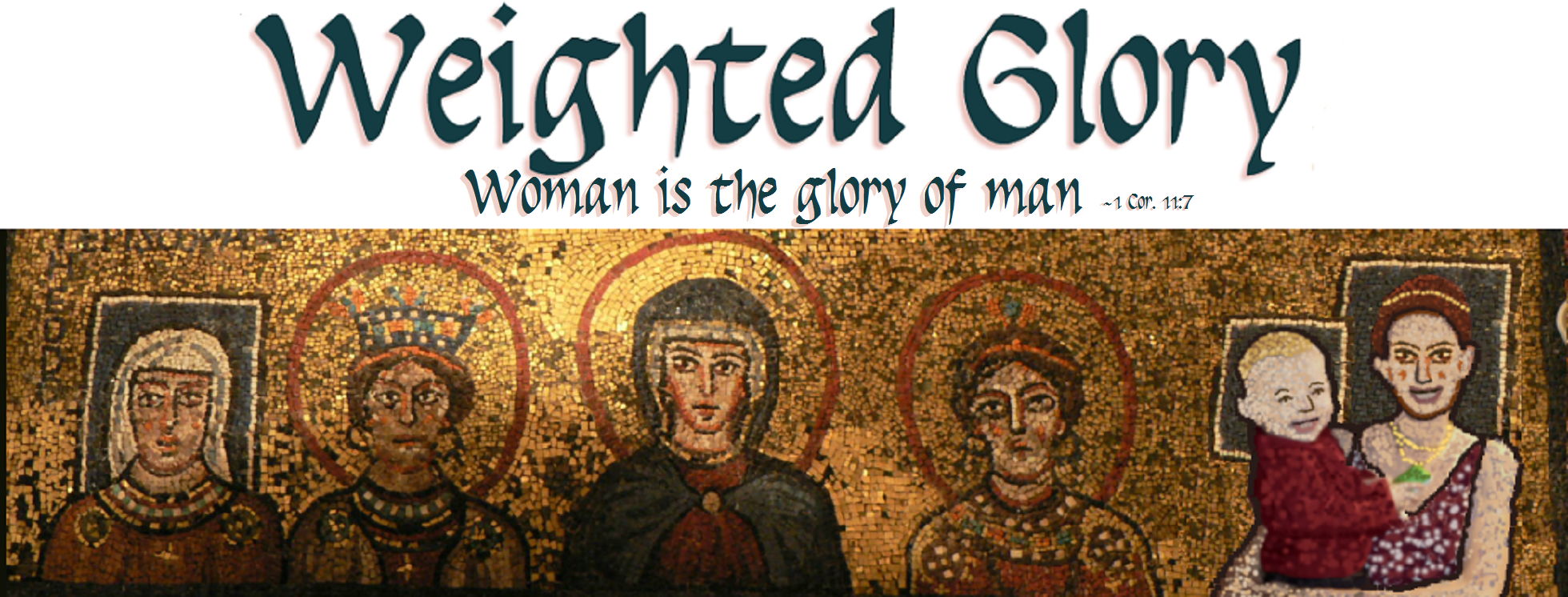I have a new article in the Journal of the Evangelical Theological Society: “Hebrews, She Wrote?: An Analysis of the Harnack-Hoppin Thesis of Priscillan Authorship of Hebrews.” In it, I argue that Prisca / Priscilla is not a serious contender for primary authorship of the anonymous composition that became known as Πρὸς Ἑβραίους.
You may be asking, “Well, which scholars say she is?” The answer is, not many. Priscilla was first proposed as the author of Hebrews in 1900 by German theologian and church historian Adolf von Harnack. There was a small flurry of early adopters of the theory (most notably, J. Rendel Harris) until a blistering 1911 critique by Charles Cutler Torrey. Most significantly, Torrey pointed out that the author uses a masculine self-referential participle at 11:32, which Harnack had not specifically addressed in his original article. This feature is difficult to square with a female author.
The theory was eventually taken up by Ruth Hoppin, who published a scholarly essay on the matter in 2004. She appears to have first begun advocating for Priscilla’s candidacy in 1969, authoring several iterations of a book on the matter, most recently in 2009. Apart from Hoppin, Mimi Haddad (1993) and Gilbert Bilezikian (2006 / 2017) have both advocated for the thesis, and F. F. Bruce (1990) seemed neutral on it if not receptive to it. A more mixed reception is found in a 1994 feminist essay on Hebrews by Cynthia Briggs Kittredge.
Aside from these authors, most commentators on Hebrews dismiss Priscilla’s candidacy in a footnote or a sentence or two, if they mention it at all. The most common vehicle of dismissal is the Torrey route of pointing to the masculine participle at 11:32. So, why bother to address the theory at all?
The suggestion that Priscilla wrote Hebrews is actually one that I rather like. For years I was something of a passive advocate for it (I could point you to master’s-level seminary papers wherein I called the author “he or she” in deference to the theory!). That all changed when I actually picked up a copy of Priscilla’s Letter by Hoppin (2009) and read through it. I was disappointed. There were significant problems with her methodology, documentation, and use of evidence, and I would have expected better from a book endorsed by Gilbert Bilezikian [1]. I realized that I could not recommend this theory, no matter how much I personally would like it to be true.
I began trying to explain to others that the theory has significant problems and has not been well-received by most scholars of the New Testament and early church history. The problem is, some have taken the lack of scholarly response to Hoppin’s work as evidence that the theory is robust and unassailable. [2] For example, Hoppin does address the participle at 11:32, so merely pointing to the masculine participle at 11:32 has not been an adequate response. Others seem to have not paid careful attention to her work; e. g., one scholar dismissed Hoppin by talking about expectations for Jewish women in antiquity when Hoppin spends considerable time arguing that Priscilla was a Gentile.
In sum, I concur with Kittredge that the Harnack-Hoppin thesis “deserves to be taken seriously,” and that is what I have done. [3] You may download the article on my Academia page. If there are any errors in my article or any significant primary or secondary sources that I missed, please let me know and I will document them here.
I would like to thank Bob Yarbrough at Covenant Theological Seminary, whom I knew from his previous tenure at TEDS. I composed “Hebrews, She Wrote?” with the aim of allowing Bob to publish it in the Presbyterion after turning him down for one of my other papers. You can imagine my surprise when he then turned me down—but only because he thought I could get it into a more competitive journal. Bob, I appreciate your encouragement and support, and I still owe the Presbyterion another paper. I’ll make good on my word!
I would also like to thank Dana Harris, Richard Fellows, the editors at JETS (Dorian Coover-Cox and Chuck Bumgardner), and the three anonymous reviewers at JETS, all of whom gave me some mixture of editing and/or valuable (sometimes critical) feedback that made the paper better.
Finally, my thanks to Ruth Hoppin for working so hard on expanding Harnack’s thesis. Despite my disagreement with her conclusions, Priscilla’s Hebrews candidacy is something that absolutely deserved to be explored. My fondness for the suggestion of Priscilla as the author of Hebrews will never dissipate, so if anyone thinks they can defend the thesis or improve on Hoppin’s work, I will read their arguments with great interest.
— Bridget Jack Jeffries, PhD Student (Trinity Evangelical Divinity School), June 2024
Notes, Additions & Corrections on the Article:
Addendum to Footnote 47 (p. 56): On the unlikelihood of M. Acilius Glabrio being a convert to Christianity, see Silvia Cappelletti, “The Jewish Community of Rome: From the Second Century B.C. to the Third Century C.E.” (PhD diss.), Supplements to the Journal for the Study of Judaism 113, edited by John J. Collins (Leiden: Brill, 2006), 130-32.
[1] Bilezikian endorsed and wrote the foreword to the latest iteration of Hoppin’s work. See Ruth Hoppin, Priscilla’s Letter: Finding the Author of the Epistle to the Hebrews (Fort Bragg, CA: Lost Coast Press, 2009), ix. This was prior to the allegations of impropriety against Bilezikian, which I find credible but he denies. However, those allegations have nothing to do with his scholarship.
[2] I do not mention this in my article as it is irrelevant to my critique of her work, but Hoppin herself has repeatedly claimed that her work was suppressed in 1997 under “suspicious circumstances.” Her 2004 scholarly essay claims that she sued her former publisher and successfully obtained a $70,000 settlement over the matter. I cannot speak to the nature of her dispute with her former publisher—if her publisher breached contract, then I am happy she was made whole in court—but it is unclear to me why anyone would suppress her work instead of simply critiquing it as I have done. See Hoppin, Priscilla’s Letter (2009), x, and “The Epistle to the Hebrews Is Priscilla’s Letter,” in A Feminist Companion to the Catholic Epistles and Hebrews, ed. Amy-Jill Levine and Maria Mayo Robbins, Feminist Companion to the New Testament and Early Christian Writings 8 (London: T & T Clark International, 2004), 147.
[3] Cynthia Briggs Kittredge, “Hebrews,” in Searching the Scriptures: A Feminist Commentary, ed. Elisabeth Schüssler Fiorenza (New York: Crossroad, 1994), 432.




